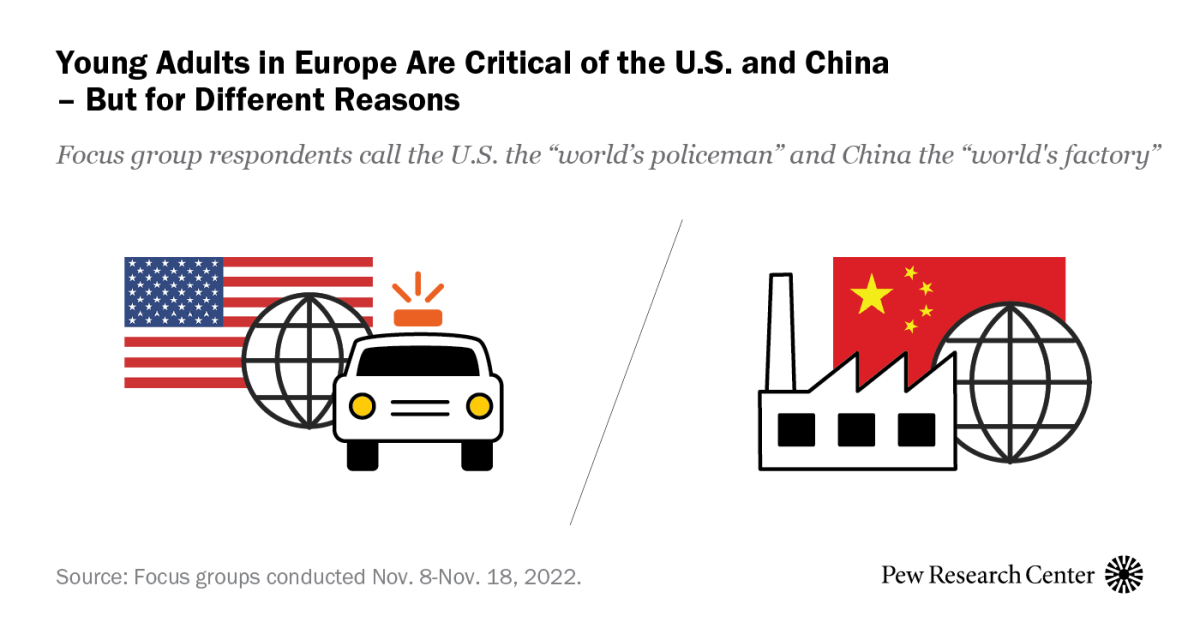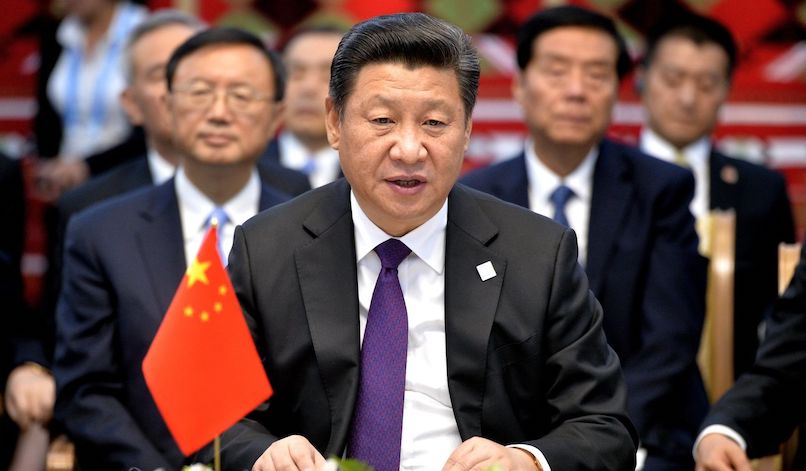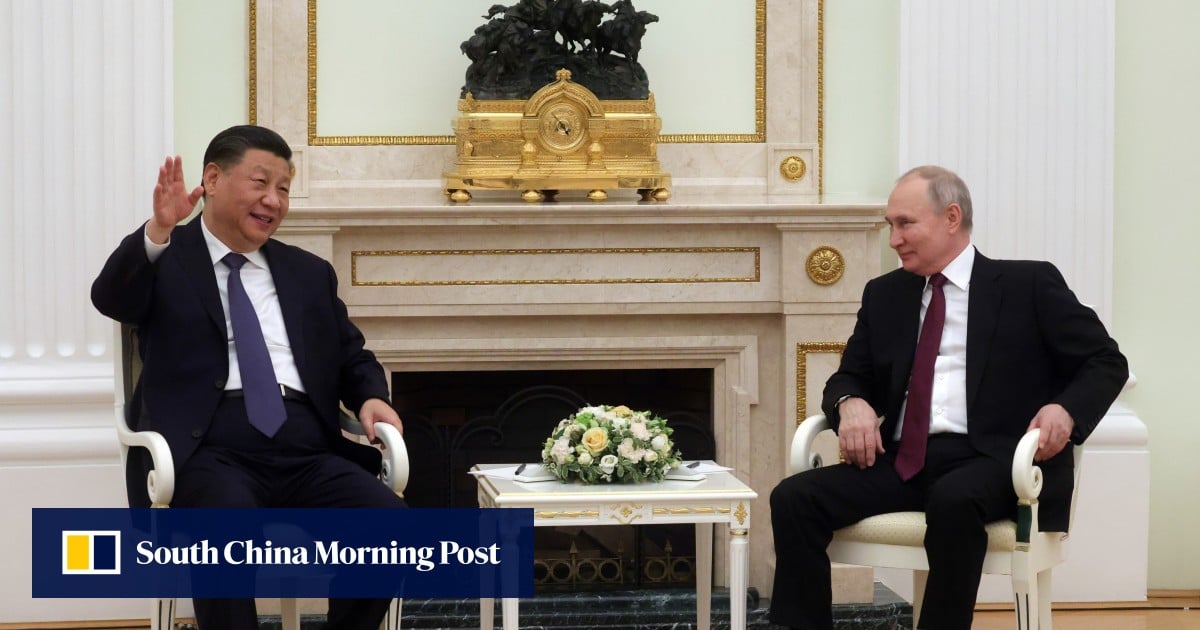Europe Balances China Relations Cautiously
As China continues to rise as a global superpower, Europe is walking a diplomatic tightrope in its relations with Beijing. On the one hand, China is a crucial trading partner and a source of much-needed investment. On the other, the Chinese government’s human rights abuses, territorial ambitions, and aggressive cyber espionage tactics have raised alarm bells among European policymakers.
The Pros and Cons of Europe’s Relations with China

Pros:
- China is Europe’s second-biggest trading partner after the US.
- Chinese investments provide much-needed capital to European companies and infrastructure projects.
- The Chinese market is a major source of revenue for European luxury brands, automakers, and other businesses.
Cons:
- The Chinese government’s human rights abuses and crackdown on dissent have drawn criticism from European leaders and human rights groups.
- China’s territorial ambitions in the South China Sea and its alleged human rights abuses in Tibet have also raised concerns in Europe.
- Chinese cyber espionage has targeted European businesses and governments, posing a security threat.
Europe’s Response to China’s Rise

A Cautionary Approach:
As China’s influence grows, European policymakers are taking a cautious approach to dealing with Beijing. They recognize China as a trading partner but are wary of its ambitions in the Pacific region and its authoritarian political system.
Multilateralism vs. Bilateralism:
Europe has advocated for a multilateral approach to global issues, in contrast to China’s preference for bilateral negotiations. This has been reflected in the EU’s response to China’s Belt and Road Initiative, which has been met with skepticism by some European leaders.
Building Alliances:
Europe is also building alliances with other countries to counterbalance China’s rise. The US, Japan, and Australia have joined forces with Europe to promote a rules-based international system and push back against China’s territorial claims and trade practices.
The Future of Europe’s Relations with China

Europe’s relationship with China will be a balancing act in the years ahead. As China continues to rise, European policymakers will need to navigate the economic, political, and security implications of their engagement with China. Europe’s approach will likely be cautious, multilateral, and allied with other like-minded democracies.
FAQs

1. What are the key issues in Europe’s relations with China?
Key issues in Europe’s relations with China include human rights, territorial disputes, cyber espionage, and economic competition.
2. How is Europe responding to China’s rise?
Europe is responding to China’s rise with a cautious approach that emphasizes multilateralism and building alliances with other countries.
3. What is the Belt and Road Initiative?
The Belt and Road Initiative is a Chinese infrastructure development strategy that aims to build economic corridors across Asia, Africa, and Europe.
4. What is Europe’s position on the Belt and Road Initiative?
Europe is skeptical of the Belt and Road Initiative and has called for greater transparency and adherence to international standards in its implementation.
5. Will Europe’s approach to China change in the future?
Europe’s approach to China may evolve in the future as China’s influence grows, but the cautious, multilateral approach is likely to remain a key part of Europe’s strategy.

